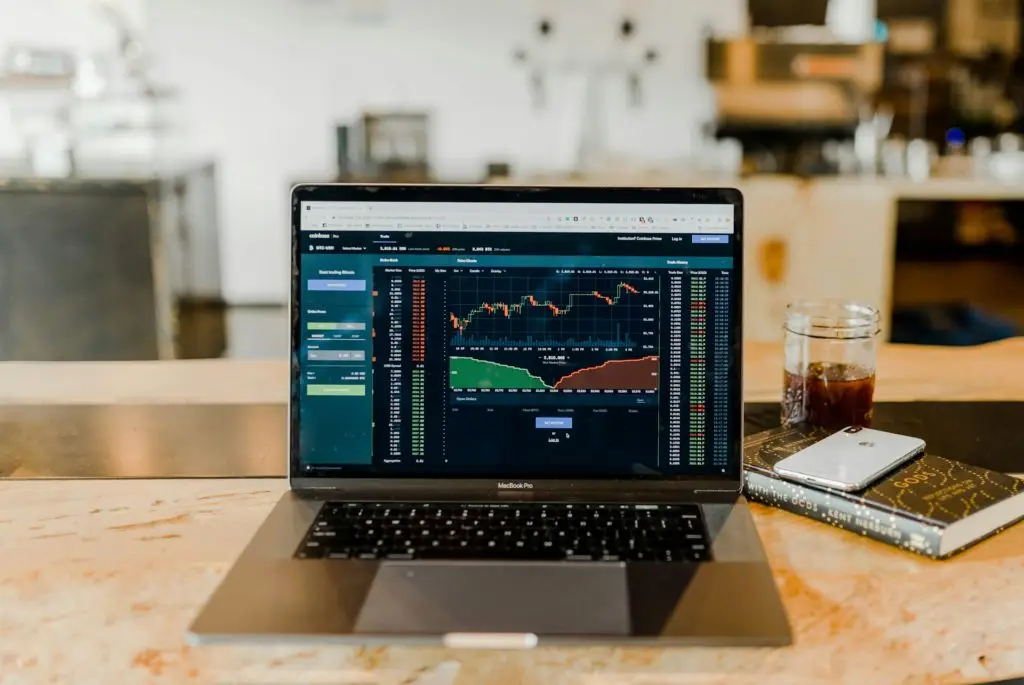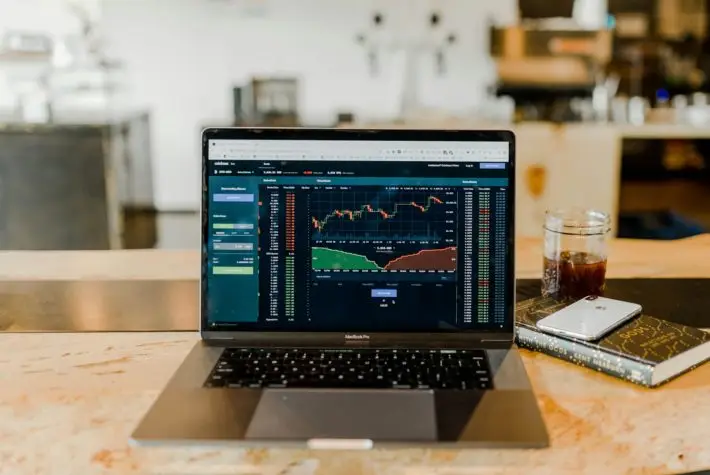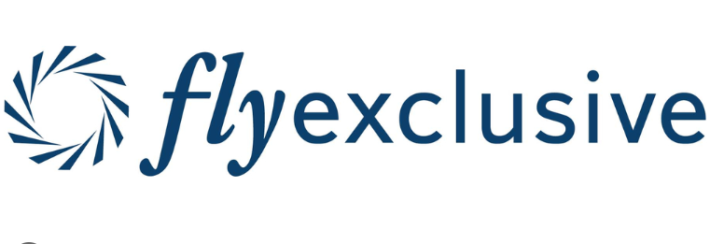Nebius Group Secures $700 Million in AI Infrastructure Funding Led by Nvidia

Nebius Group (NBIS), a fast-growing AI infrastructure firm, announced on Monday that it had raised $700 million in a private placement from investors, including Nvidia (NVDA), Accel, and Orbis Investments. The funding positions Nebius as a significant player in the race to build the technological backbone for artificial intelligence applications.
The announcement comes as Nebius strengthens its identity as an independent entity, following its split from Russian tech giant Yandex earlier this year. The $5.4 billion restructuring deal in July separated Yandex’s domestic and international operations, paving the way for Nebius’s emergence and its Nasdaq listing revival.
Building the AI Backbone
Founded by Arkady Volozh, the former CEO of Yandex, Nebius aims to capitalize on the surging demand for AI infrastructure. The company is focusing on developing advanced clusters of graphics processing units (GPUs), cloud platforms, and other essential tools for AI developers.
Volozh stated that the $700 million injection would enable Nebius to scale its projects at an accelerated pace, enhancing its ability to meet the needs of a rapidly evolving AI landscape. “This financing gives us additional firepower to build infrastructure faster and on a larger scale,” Volozh said during a media briefing.
Nebius has already committed $1 billion in investments by mid-2025, though Volozh suggested that this figure might increase as the company expands its operations and client base.
U.S. Expansion and Revenue Growth
The United States represents a critical growth area for Nebius, with over half of its clientele based in the country. The company is leasing data center space in Kansas City, Missouri, and has hinted at further expansion in the region. This strategic focus on the U.S. market underscores Nebius’s ambition to compete with established AI infrastructure providers.
Nebius also reported a significant boost in its financial outlook, increasing its annualized run-rate revenue target for 2025 to between $750 million and $1 billion. This marks an improvement from the previous estimate of $500 million at the lower end.
Details of the Funding Round
In the private placement, Nebius issued 33,333,334 Class A shares at $21 per share, a 3% premium to the volume-weighted average price of its shares since trading resumed on Nasdaq. The company described the financing round as oversubscribed, reflecting robust investor interest.
This strong demand also led Nebius to scrap a previously approved share buyback plan. “Based on the strong level of investor engagement and technical dynamics observed since our Nasdaq trading resumed, we believe shareholders who wanted to exit have had the opportunity to do so at favorable prices,” said Nebius Board Chairman John Boynton.
The Road Ahead
Nebius’s rise coincides with a broader push among technology firms to build the infrastructure that underpins AI. With Nvidia’s backing—widely regarded as a leader in GPU technology—Nebius is positioned to leverage cutting-edge hardware and software solutions to support AI applications across industries.
The company’s origins tie it to Yandex, which faced significant challenges following Russia’s invasion of Ukraine. Trading of Yandex shares on Nasdaq was suspended, and Nebius emerged as part of the restructuring. While distancing itself from its Russian roots, Nebius has successfully carved out a new identity focused on innovation and global expansion.
As the AI race intensifies, Nebius’s ability to attract significant investments and scale its operations rapidly underscores its potential to become a formidable player in the industry. With ambitious revenue targets, a growing U.S. presence, and plans for increased investment, the company is poised to play a critical role in shaping the future of AI infrastructure.
For investors and AI developers alike, Nebius represents a compelling story of resilience, reinvention, and innovation.
You might like this article: Trump’s Tariffs Could Drive Up Car Prices and Slash Automaker Profits



